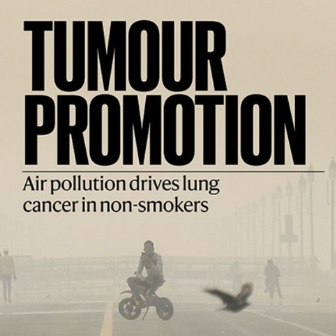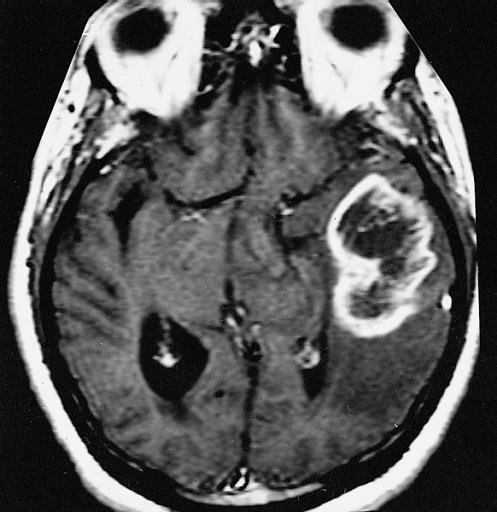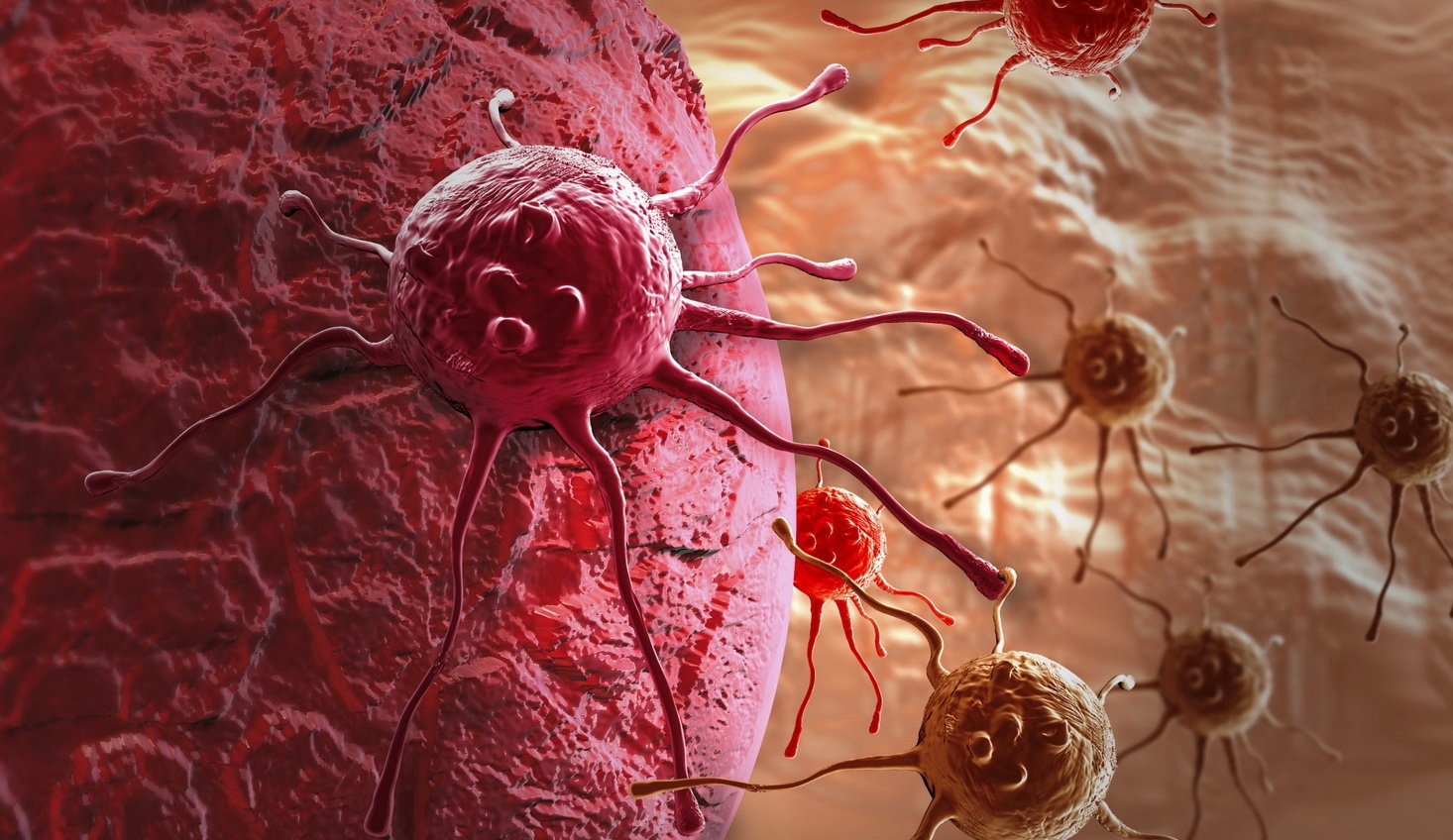The air pollution plays an important role in the development of lung cancer in nonsmokers.
The World Health Organization (WHO) estimates that there are 250,000 deaths worldwide due to air pollution.
A study published on “Nature” 6 of April 2023 showed how pollutant particles in the air can interact with pneumocytes, then leading to tumor formation.
The research used nonsmoking and smoking patients from the United Kingdom, South Korea, Taiwan and Canada
Nonsmokers living in areas with high levels of PM10 and PM2.5 are more likely to have cancer occurrence than nonsmokers placed in less polluted areas.
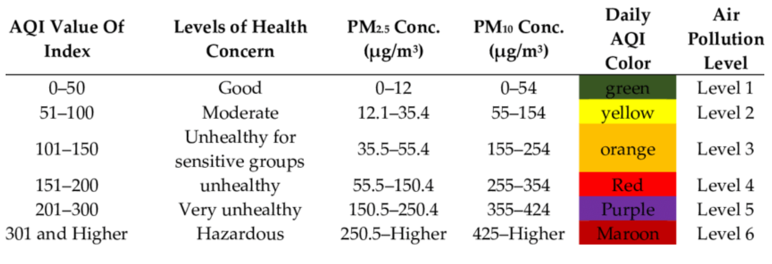
How was the link between pollution and cancer determined?
DNA sequences from samples of nonsmokers living in areas with unhealthy air were analyzed.
The analysis showed point mutations that activate genes linked with cancer development.
DNA samples from smoking subjects were also examined.
The latter’s cancer cell DNA had peculiar mutations that could be linked to the presence of tobacco components.
In the two groups, the mutations detected were different.
How does air pollution affect lung cancer formation if it does not induce the same mutations due to smoking?
Two previous studies help to find an answer: the first was in 2020 carried out in mouse models. It was noted that not all carcinogens increased the number of mutations or led to specific mutations.
The second dates back to 1940, and the study model was mice. In this case, researchers noticed that cells with mutations could remain dormant but also be subsequently activated by a tumor promoter.
Tumor promoters were named Tumor Promoting Agent (TPA) and promote inflammation and proliferation.
A direct correlation was found between the protein “EGFR” level mutations and PM2.5 levels. EGFR level changes were found in lung cancer in the nonsmoking subject but exposed to air pollution.
Humans are susceptible to acquiring mutations spontaneously during cell replication, but these mutations do not immediately cause tumor formation because proliferation of the mutated cells does not occur.
Subjects exposed to air pollution have an increased risk of proliferation of potentially cancerous cells.
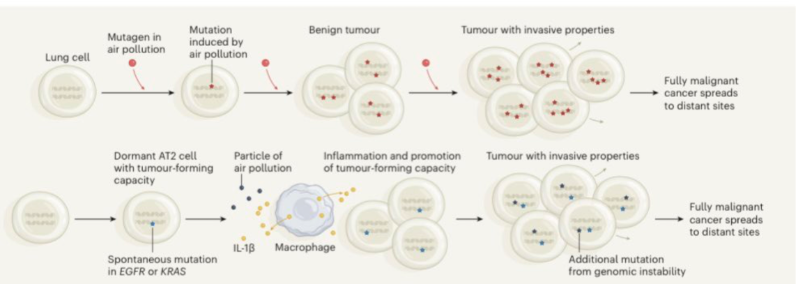
At high values of PM2.5 there is a high concentration of IL-1β, a highly inflammatory molecule that then promotes inflammation. If we instead block the production of IL-1β onset of lung cancer decreases.
However due to their cost monoclonal antibody based therapies that block IL-1β production is not applicable on a global scale, at the same time, however, forms of prevention can be implemented, such as proper dietary habits.
SOURCE:

